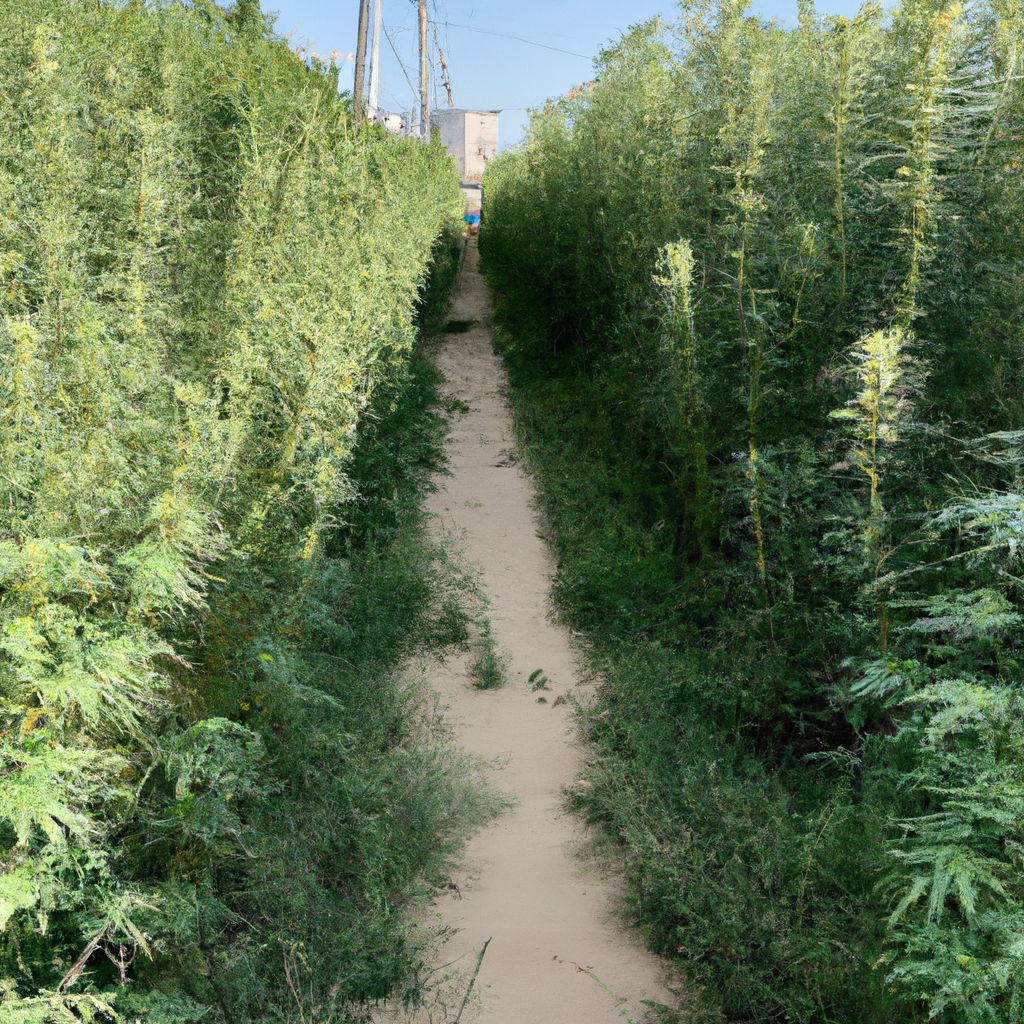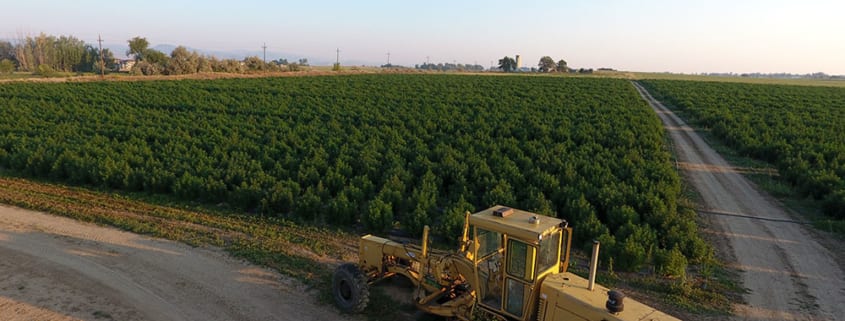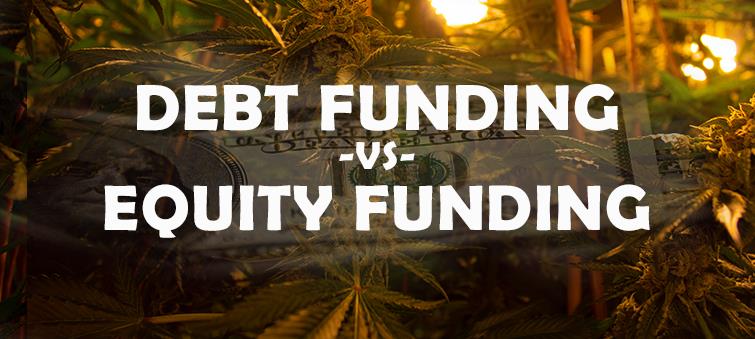
Yes, the root system of industrial hemp plays a significant role in regulating and absorbing excess water, contributing to soil health and potentially mitigating flood risks. Here’s how:
Deep Root System:
- Industrial hemp develops a robust taproot system, which can grow several meters deep. These deep roots penetrate the soil profile, accessing water reserves unavailable to shallow-rooted plants.
- Improved Drainage: The deep taproot allows water to infiltrate deeper into the soil, promoting drainage and preventing waterlogging in the upper layers. This can help reduce surface runoff and potential flooding during heavy rains.
Increased Water Retention:
- Extensive Root Network: In addition to the taproot, hemp also develops a wide network of lateral roots in the upper soil layers. These roots increase the overall surface area for water absorption, allowing the plant to hold onto more water in the soil.
- Improved Soil Structure: Hemp roots help create channels and pathways for water to infiltrate the soil more efficiently. They also contribute to soil aggregation, improving soil structure and its ability to retain water.
Overall Benefits:
- Reduced Flood Risk: By promoting drainage and increasing water retention, hemp can help regulate water flow in the soil, potentially mitigating the risk of flash floods during heavy rain events.
- Improved Drought Resilience: The deep root system allows hemp to access water reserves during dry periods, making it more resistant to drought conditions.
- Enhanced Soil Health: Hemp roots contribute to a healthier soil ecosystem by improving drainage, aeration, and water retention. This fosters beneficial microbial life and promotes overall soil health.
Limitations:
- Planting Density: The effectiveness of hemp for water regulation depends on planting density. Densely planted hemp fields will have a more significant impact on water management compared to sparse plantings.
- Soil Type: The type of soil can influence the water retention capabilities of hemp roots. Hemp may be more effective in well-draining soils compared to heavy clay soils.
Conclusion:
Industrial hemp’s deep root system plays a valuable role in regulating and absorbing excess water. This contributes to improved soil health, increased drought resilience, and potentially reduces flood risk by promoting drainage and water retention. While not a single solution, hemp can be a valuable tool in integrated flood management strategies.






